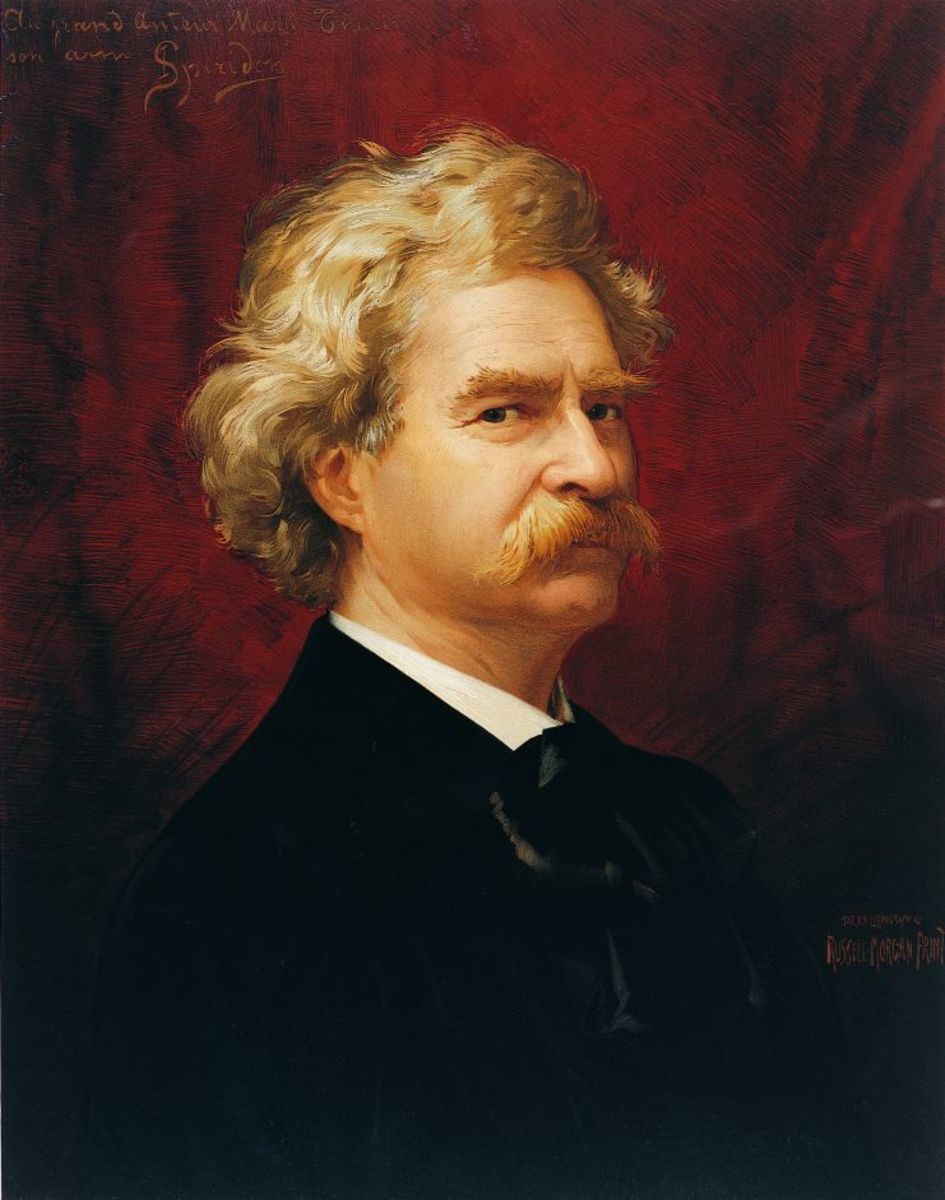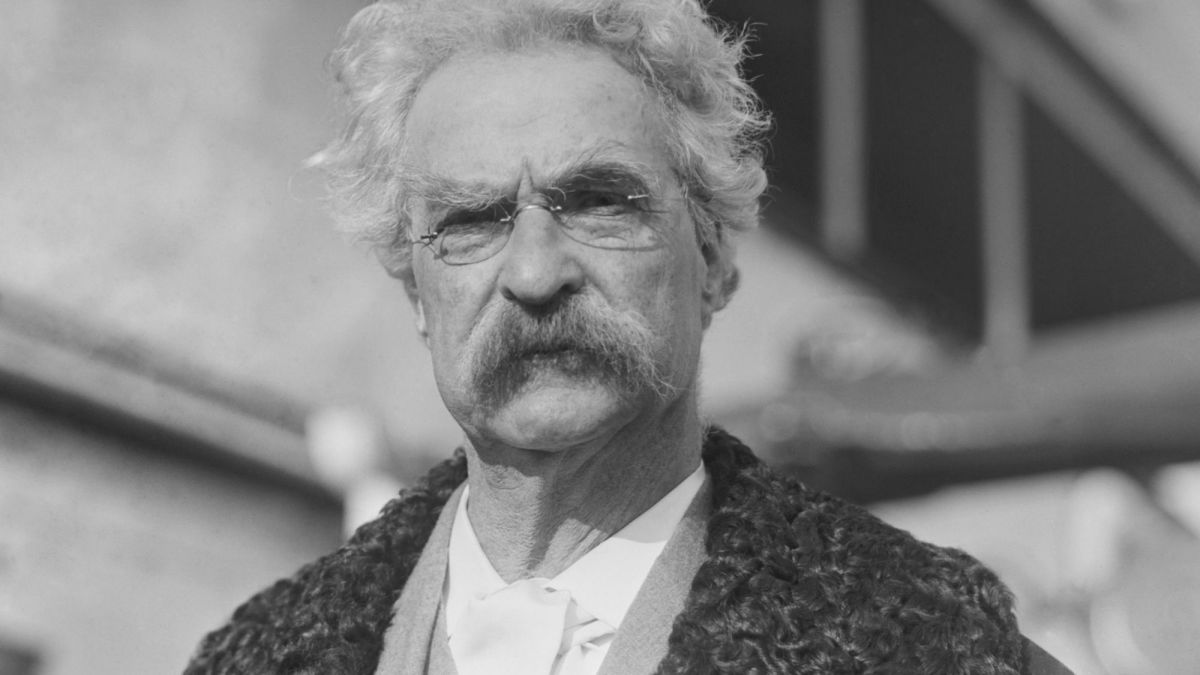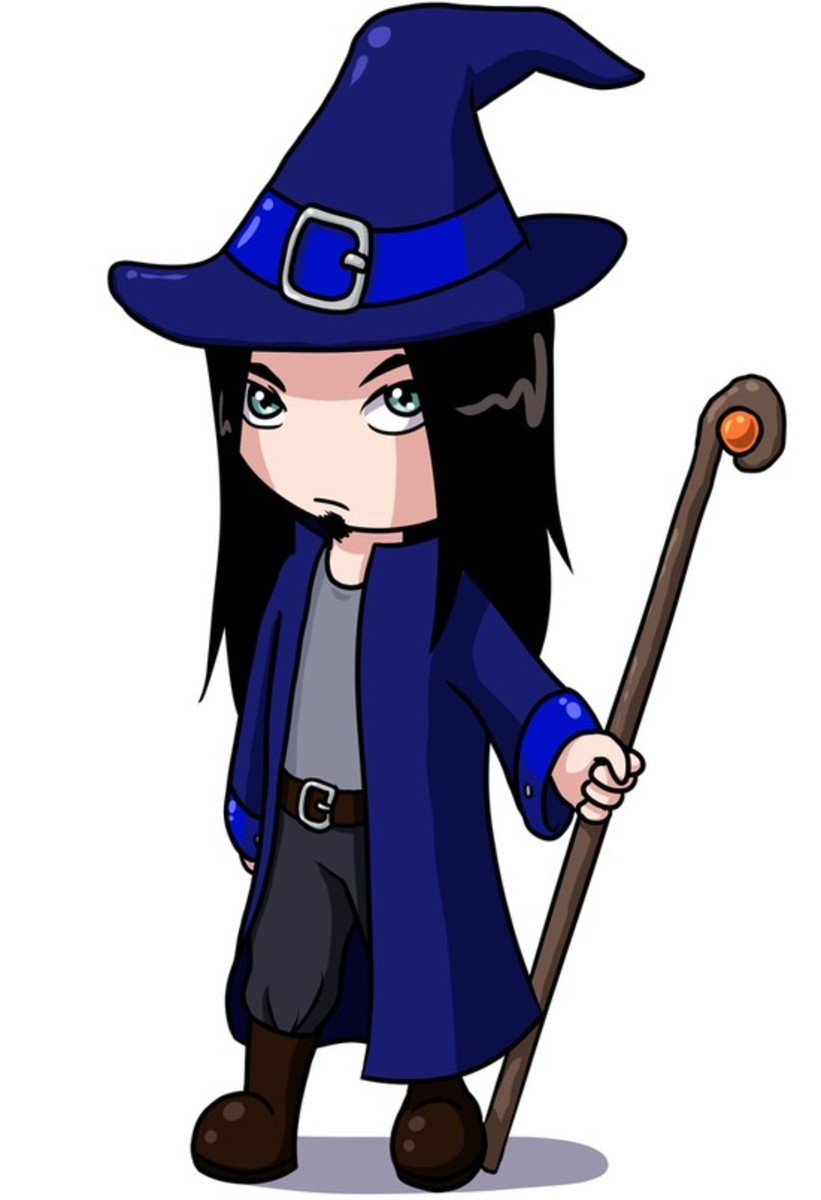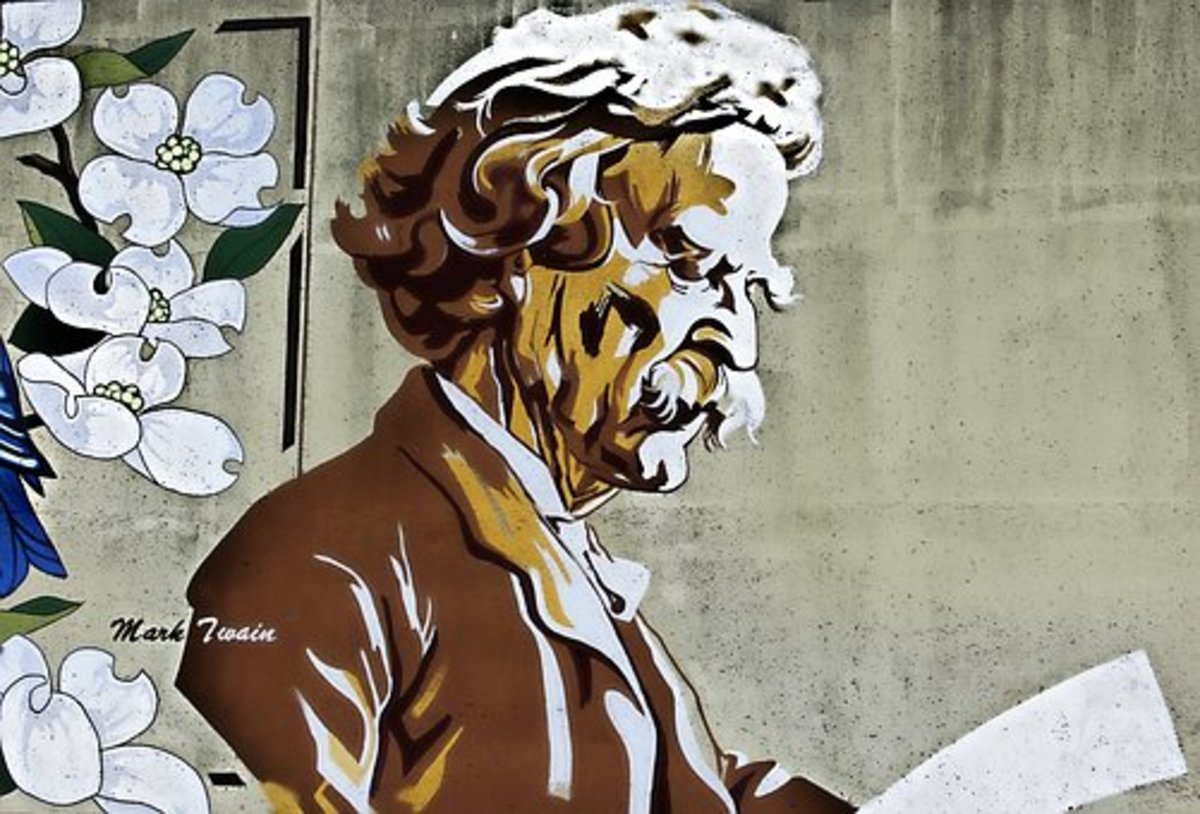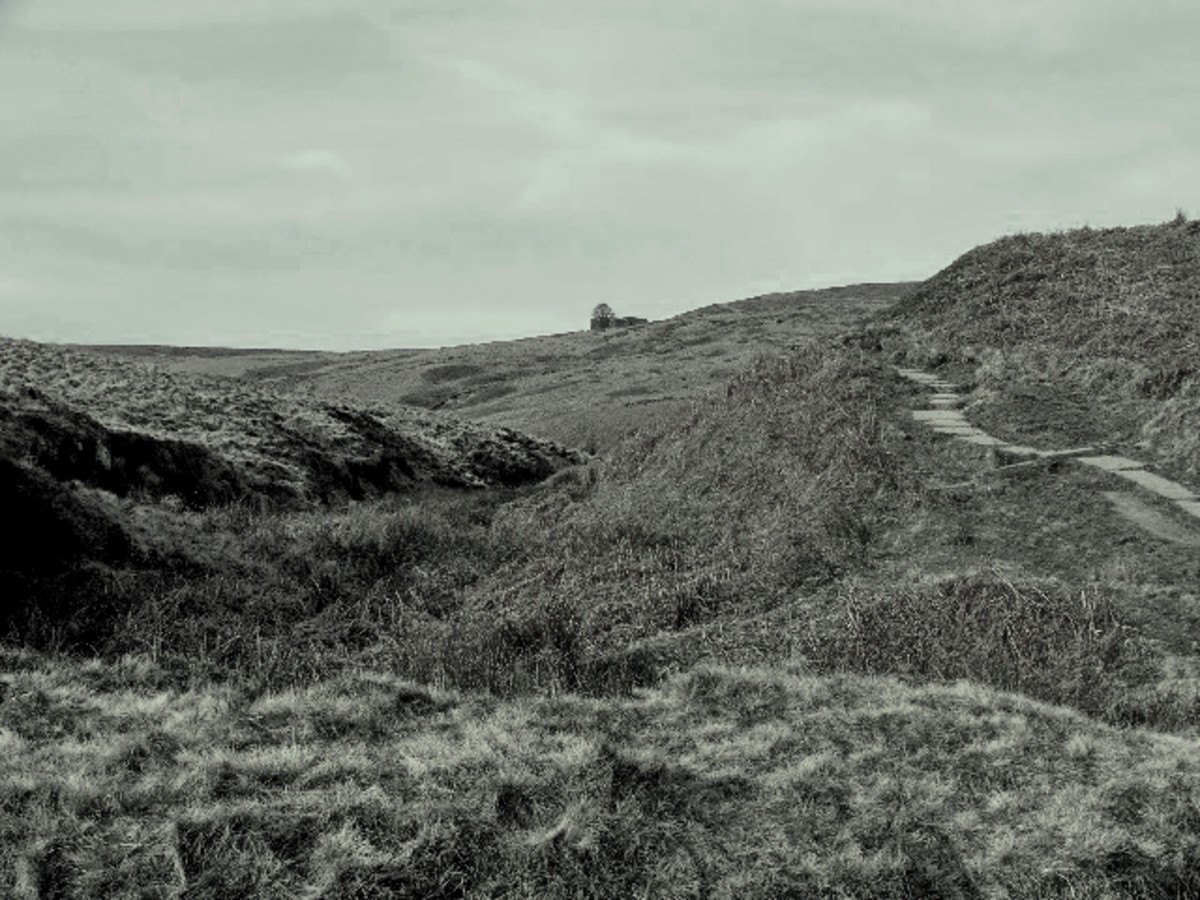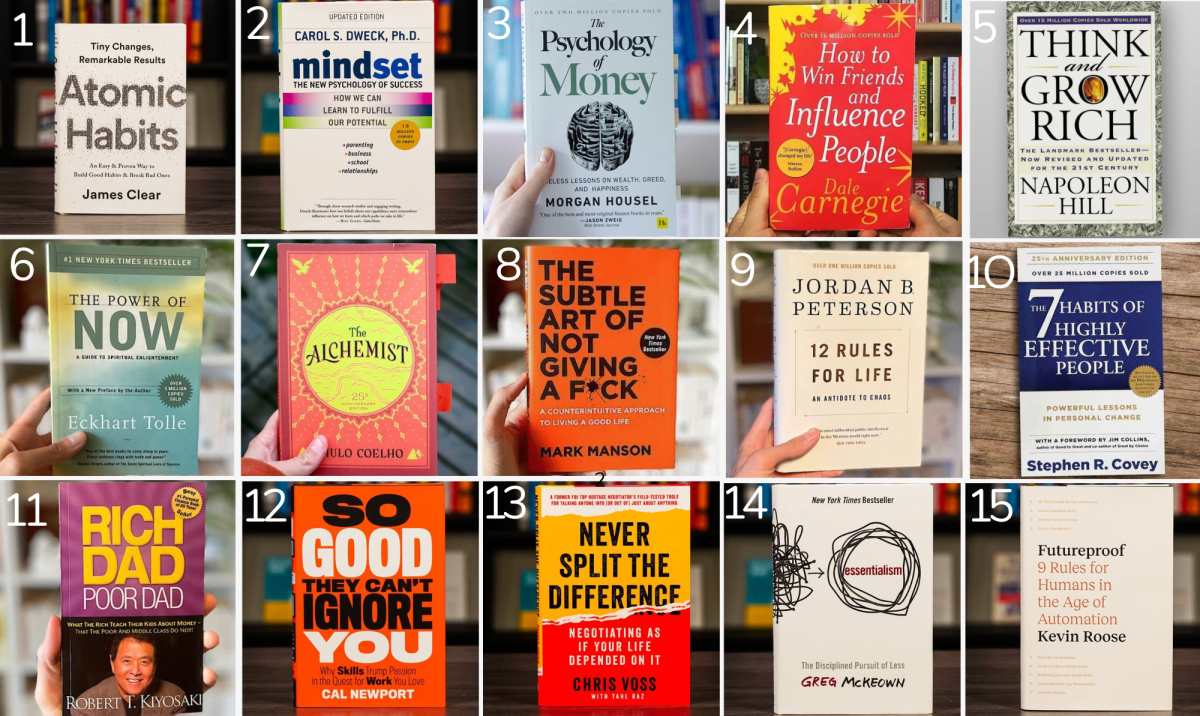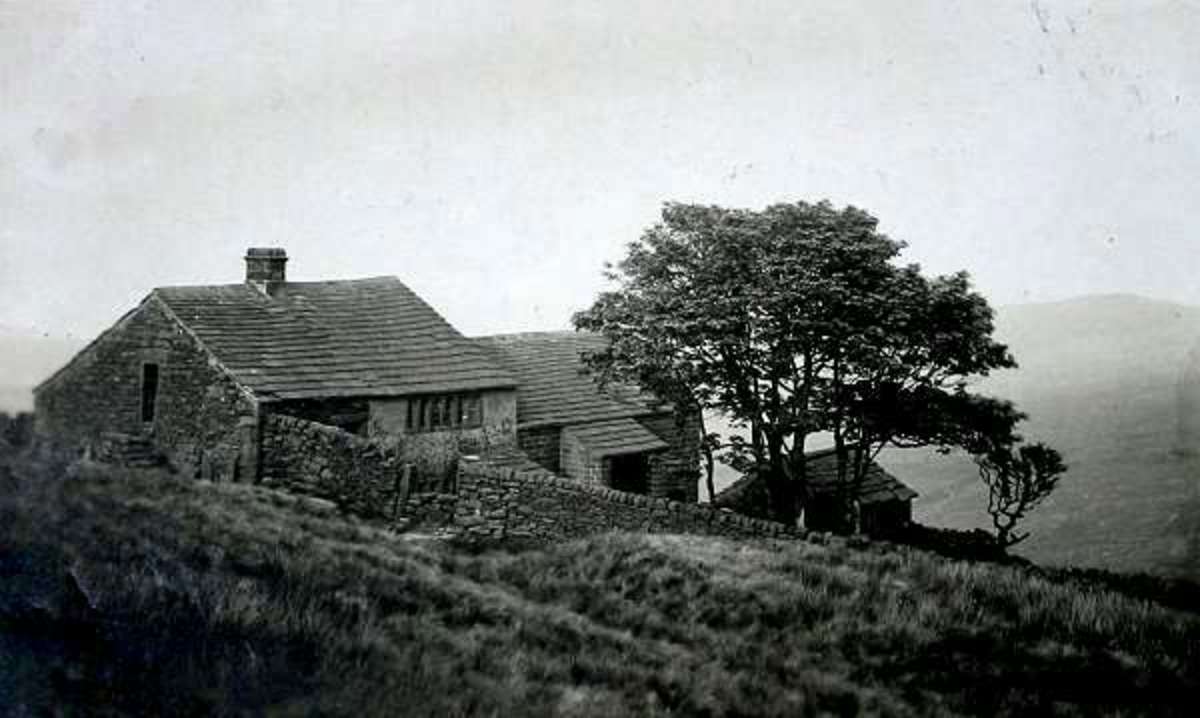Controversial Literary Titles that Simply Told World History

Introduction
Everyone studies literature in school. Many of the most common books were once banned or even burned, despite being commonly taught today. Authorial voice spreads key points of world history, including some of those that our governments have attempted to keep hidden. Many of the most commonly taught works were originally banned from publication, classrooms and libraries for obscenity, anti-political voice or more, authors were banned because of their willingness to open up honestly about the stories of our world. The most open and liberal authors often faced denial of publication being viewed as criminal because of their honesty.
Many of these titles, including the ones below, and others were banned for harsh language and content, as far back as elementary school, though they are now taught in most schools. They are more educational in regard to history than they were controversial, providing incredible knowledge and perspective to the students who read them in the classroom.
Animal Farm by George Orwell
This book that is now taught at a secondary level was banned for its satire of brutal communism at the time of its creation in 1943. There was no publisher that would print his book because of its fairly open criticism of the USSR, a British ally in WWII. When publication was gained it is still banned in communist countries, lasting well beyond the fall of the Berlin Wall.
Animal Farm is still banned in Cuba and North Korea for these same reasons. Vietnam, the schools of the United Arab Emirates and Kenya also prohibit the book for its criticism of corruption and its depiction of a talking pig which was deemed as contrary to Muslim values.
The Grapes of Wrath by John Steinbeck
In regard to the times the name of the Depression era speaks for itself. This key author was willing to portray the economical challenge and dark emotional and working conditions the American man faced at that time. The story of the working man fighting his way through daily life in the 1930s was so brutally honest that it was banned in locations included in the book. The tale of the Joad family moving across the country in attempt to redeem their life, the fictional novel portrays the honest life of what many families faced. Kern County, included in the book, drew local officials to force burning of the book. This further enforced the manipulation experienced by migrant workers that Steinbeck portrays so openly in The Grapes of Wrath.
Adventures of Huckleberry Finn by Mark Twain
Published in 1884, Adventures of Huckleberry Finn by Mark Twain has frequently been banned on social grounds. First banned in 1885, The Public Library of Concord, Massachusetts, defined it as "trash suitable only for the slums.” Despite the fact that the novel was created based upon the historical time in which it was published, its honest references were the reason it was banned. The treatment of African Americans in the novel is the most valid point of that time but its language, though honest in nature, was also considered inappropriate for schools and libraries around the country. Banned for coarse language, racial stereotypes and the recurring use of the word “nigger,” many decades would pass before this historically viable classic entered classrooms as an educational novel.
Anne Frank: The Diary of a Young Girl
Anne Frank: The Diary of a Young Girl is an important work from World War II. The direct memoirs from this young girl’s diary, reveal her life as a Jew in Nazi Germany and some of the most vivid images of what German Jews experienced during that time. With the brave attempt of little Anne and her family to hide from the Nazis they were still found and sent to a concentration camp where she later died. Oddly enough, one of the reasons for banning this book was its tragic and depressing nature, though we already know this nature of WWII, and because some readers called it a “real downer.” Apparently the honesty of certain depressing historical events can keep books out of the hands of readers for decades.
The Scarlet Letter by Nathaniel Hawthorne
The Scarlet Letter was banned upon its original 1850 publication because of its sexual nature. Claims that it is "pornographic and obscene" were the primary reason, though it is honest and open of treatment of young women of that time.
The protagonist, Hester Prynne, is a young Puritan woman who bears an illegitimate child. She is then ostracized and marked with the scarlet letter "A,” typically referring to “adultery.” Despite its honest nature the tale of an illicit affair and the resulting child, the book was controversial.
The Adventures of Tom Sawyer by Mark Twain
Another Twain novel about Huck Finn faced controversy since its initial publication. The Adventures of Tom Sawyer was also banned because librarians and others considered Mr. Sawyer to be a protagonist of “questionable” moral character. Another novel of the Civil War era banned for coarse language and racial stereotypes, The Adventures of Tom Sawyer is about a troublesome twelve-year-old boy in pre-Civil War Missouri. The story is about Tom and Huck witnessing a doctor being murdered. At one point Twain states that the story must end here because it is strictly a story about a boy. He states that if it continued it would quickly become the story of a man.
All Quiet on the Western Front by Erich Maria Remarque
This is a key novel that fueled controversial novel bonfires in Nazi Germany. With controversial books coming from the minds of critical thinkers and academics, like Kafka and Einstein, it’s interesting to think that a novel like All Quiet on the Western Front was the most critical of them all. Mostly, it was seen as unpatriotic by Socialists and even a number of non-Nazi aligned military personnel and writers. These groups and individuals disliked about the book because it opened the doors of honesty for the horrors that took place in Nazi Germany, making it continually compelling and educational today.
To Kill a Mockingbird by Harper Lee
The only book by Harper Lee, To Kill a Mockingbird has been frequently banned and challenged on both its sexual and social basis. While the racial issues of the South are historically factual, they are also socially controversial, a topic that has banned many books over time in the U.S. As the book involves a white attorney, Atticus Finch, defending a black man against rape charges (and all that such a defense entails), there is much to consider in the relationship between these two, especially considering the fact that any white many would have been ostracized for his willingness to take on this case. The protagonist, young Scout Finch, is Atticus’s daughter who is coming of age amidst social and psychological issues in the challenges of the South.

